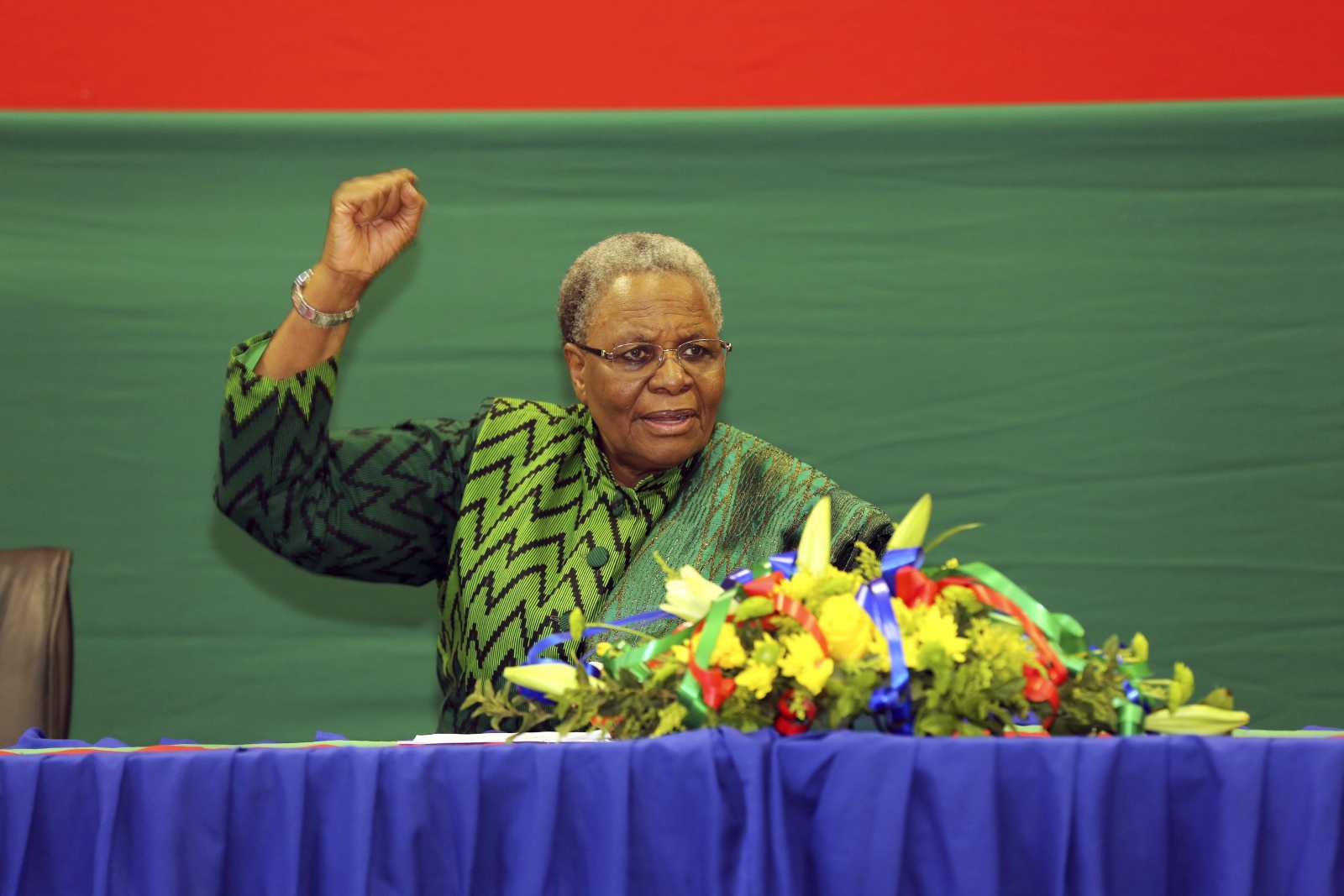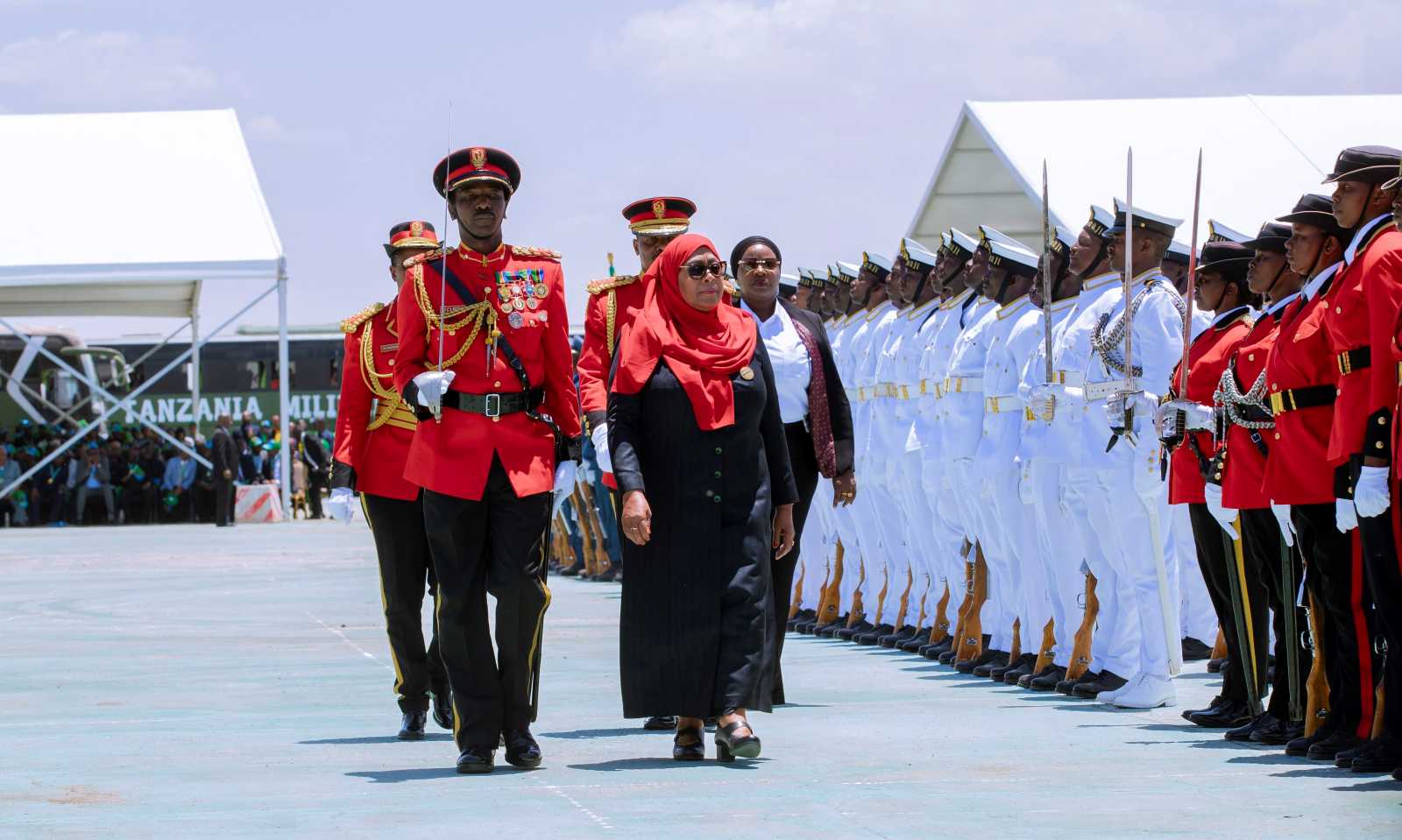Mental health
Why African men should help end patriarchy

It is well known that patriarchy preserves inequality by privileging men while marginalising women. In patriarchal societies, men are more likely than women to hold political power and accumulate wealth. They perpetuate violence against women and do not face some of the daily threats that women and children do.
However, the very patriarchal structures that afford men privileges also inflict harm on them. This can be observed in many African countries, where patriarchal societies are still deeply rooted. Men are socialised to believe for example that masculinity is defined by silence, stoicism and endurance. They often internalise expectations that they should be dominant, successful and unemotional, as well as physically and mentally strong. Consequently, men of a patriarchal orientation in Africa – and other places around the world – often tend to act recklessly, aggressively and fearlessly. They often neglect to seek help, adopt behaviours that pose a risk to their health, suppress intimacy and avoid deeper relationships.
All of this can lead to numerous problems, such as
- men injuring themselves unnecessarily or even losing their life,
- men’s basic human need for attachment being negatively affected,
- their being denied valuable experiences, such as the intimacy and deep affection to be found within a relationship.
African psychologists have investigated how internalising harmful masculine norms contributes to depression and discourages help-seeking (Ezeugwu and Ojedokun, 2020). They have documented how the demand for emotional toughness isolates young men and undermines their wellbeing (Mogano et al., 2025). Behind their stoic facades and unemotional demeanour, many men in Africa and elsewhere thus carry invisible wounds that are born of patriarchal expectations.
Questioning traditional conceptions of masculinity
While feminists have long been fighting against the patriarchy and highlighting its negative effects, many men are only just beginning to understand how it causes them to suffer, too. In fact, across Africa, a transformation is underway: social norms and communication habits are being challenged and deconstructed. Questioning patriarchy is no longer framed solely as a women’s issue, but also as a way of freeing men from the emotional prisons built by patriarchy.
In cities from Lagos to Johannesburg, movements that once focused exclusively on gender-based violence and the lack of female empowerment are now also addressing the psychological costs of patriarchy for men. Campaigns like #MenAreTrash and Women Allying Women (WAW) have evolved into broader critiques of patriarchy, highlighting how rigid gender norms affect everyone, including men themselves. Films, advertisements, radio shows, podcasts and social media discussions – such as those posted under the hashtags #MenAreHumanToo and #EndToxicMasculinity – increasingly portray men as emotionally complex individuals with mental health needs. Men themselves are discussing topics like vulnerability, mental health and fatherhood with unprecedented openness.
More and more people are advocating for a healthier understanding of masculinity that does not harm men, women, children or society as a whole. They highlight aspects such as vulnerability, care and the ability to acknowledge one’s emotions. It is worth noting that these trends, rather than challenging men’s sexuality or denying their manhood, are merely redefining masculinity.
Research has confirmed that the notion of masculinity is undergoing a shift in Africa. While many African men still feel pressure to conform to traditional provider roles, younger generations increasingly support gender equality, shared caregiving and emotional openness (Equimundo, IMAGES 2022). Earlier findings demonstrate that men who are exposed to equitable role models, through education or community engagement, report better mental health and stronger family relationships.
A collective liberation project
The recognition that men suffer from widespread misconceptions of masculinity does not diminish the structural privileges men hold in many societies. Rather, it helps explain why men too have a genuine stake in dismantling patriarchy. This endeavour is not merely a feminist demand, nor is it only about advancing justice for women and gender minorities. Instead, it can be thought of as a collective liberation project: freeing men and women alike from rigid systems that limit love, empathy and shared humanity.
But that is easier said than done. After all, there are powerful reasons why patriarchy has persisted in many African societies for so long. Even though African men have to pay a price for them, the privileges are immense. They still enjoy greater benefits than women in terms of pay, power and safety. For some, these advantages may obscure any harm caused. Others may even feel that the privileges outweigh the harm.
Nevertheless, from a psychological point of view, African men would be much better off without the disadvantages that patriarchy entails. Ending traditional patriarchal norms would give African men the freedom to express emotions without shame and to seek help without stigma, to be good fathers without compromise and to measure their worth in more than income or dominance. They would enjoy fuller, healthier and more connected lives.
Ultimately, if African men changed their conceptions of masculinity, they would contribute to a more just and liveable society for all. Societies with greater gender equality are more likely to witness lower rates of violence, higher levels of happiness and better health outcomes for all citizens, men included. In other words: gender equality is not a zero-sum game; it creates healthier and more sustainable societies.
A new vision of masculinity
The challenge, then, is to redefine masculinity in ways that benefit men, women and society as a whole. Psychological research suggests that new models of masculinity should emphasise emotional openness, mutual respect, caregiving and non-violence. These are not “unmanly” traits, they are human traits.
The good news is that the shift is moving in the right direction in many places in Africa. Apart from the changes in the discourse mentioned above, there are growing calls for paternity leave in workplaces, for instance – a very important step towards real gender equality.
However, cultural change tends to be uneven, and backlash movements in Africa and around the world are trying to reassert patriarchal ideals. African men’s active participation is therefore crucial. They must not leave the fight against patriarchy solely to African women. Instead, they should challenge peers who use sexist language, advocate for policies that support better childcare services and be role models for healthier forms of masculinity. Such efforts require courage, but also offer the reward of genuine connection, better health and a more just society.
Links
Oluyinka Ojedokun is Professor of Social and Environmental Psychology and Social Sciences Research Methods at Adekunle Ajasin University, Nigeria and at the University of Pretoria, South Africa.
oluyinka.ojedokun@aaua.edu.ng














